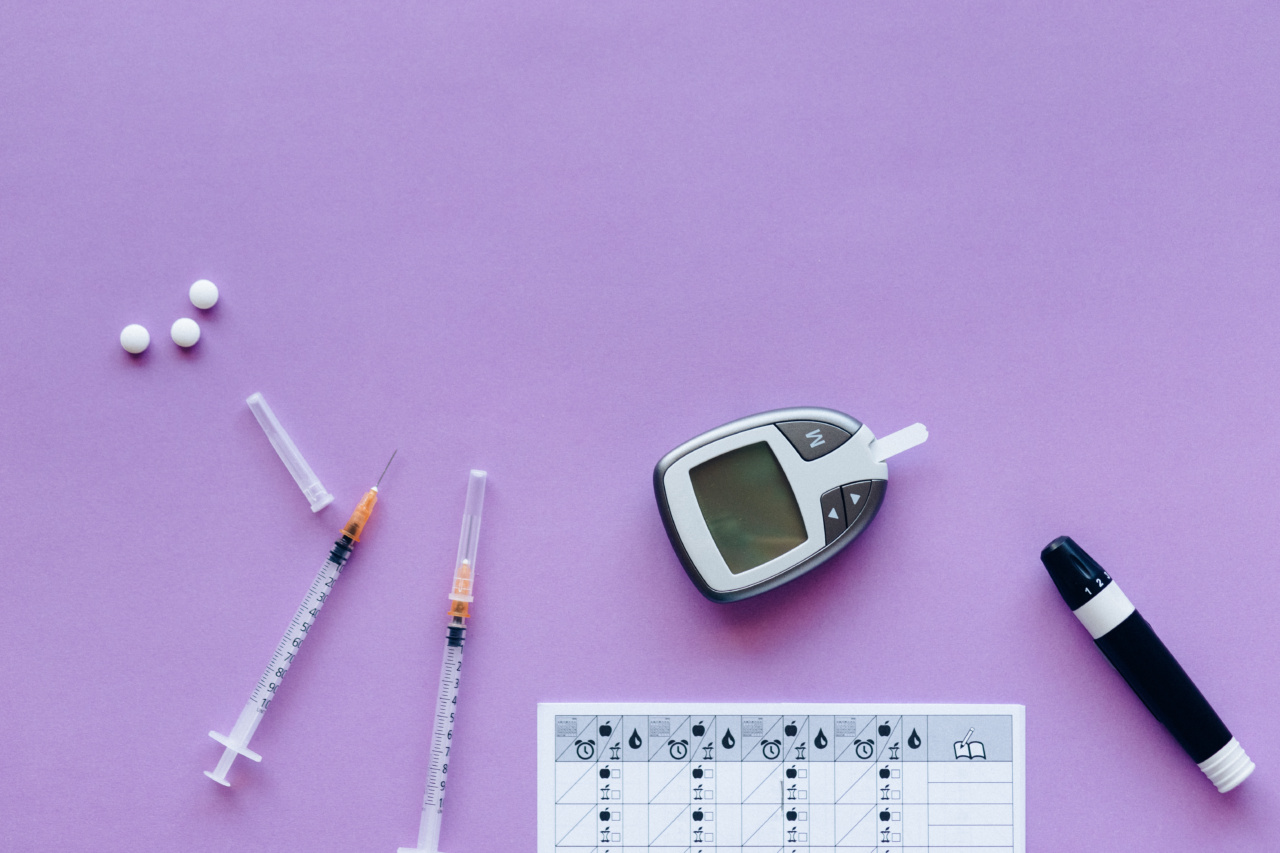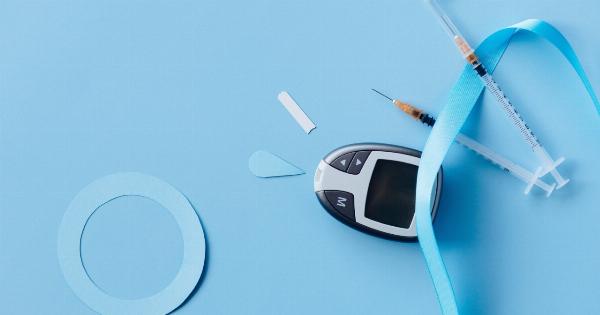Insulin plays a crucial role in managing diabetes, a chronic condition that affects millions of people worldwide. For individuals with type 1 diabetes, insulin is essential for survival as their bodies do not produce this hormone.
Even for those with type 2 diabetes, a state of insulin resistance or inadequate insulin production can necessitate its external administration. Traditionally, insulin has been administered through injections, but recent advancements have brought forth the possibility of insulin pills.
This article explores the pros and cons of both administration methods to shed light on their effectiveness and practicality.
The Tradition of Insulin Injections
Insulin injections have been the cornerstone of diabetes treatment for decades. This method involves using a syringe or insulin pen to deliver insulin into the fatty tissue just beneath the skin, usually in the abdomen, thigh, or upper arm.
The injected insulin then enters the bloodstream and facilitates the regulation of blood sugar levels.
One of the primary advantages of insulin injections is their rapid action. Since insulin bypasses the digestive system and directly enters the bloodstream, it quickly starts working, providing immediate relief to high blood sugar levels.
Furthermore, injections offer precise dosing control, allowing healthcare providers to tailor insulin intake to individual needs accurately. This accuracy in dosing is crucial in managing diabetes and preventing complications.
However, insulin injections also come with several drawbacks. Firstly, they can cause discomfort, pain, and anxiety in individuals, especially those with needle phobia or sensitive skin. The injection sites may become sore or develop lumps over time.
Additionally, injections require self-administration or assistance from another person, making it inconvenient for some individuals to carry out their treatment regimen at various times and locations.
The Promise of Insulin Pills
The development of insulin pills has long been a goal in diabetes research.
Oral administration of insulin would eliminate the need for injections, potentially improving the quality of life for individuals with diabetes and enhancing treatment adherence.
Several challenges have hindered the progress of insulin pills, primarily related to the difficulty of preserving insulin in the harsh environment of the digestive system.
Stomach acid and enzymes can degrade insulin, rendering it ineffective before it can enter the bloodstream. Additionally, the delicate nature of insulin poses formulation challenges for creating a pill that retains its activity.
Despite these obstacles, recent advancements in technology and pharmaceutical research have shown promise for insulin pills.
Some studies have successfully encapsulated insulin within protective coatings, allowing it to survive the digestive process and reach the intestines, where it can be absorbed into the bloodstream. These advancements have sparked excitement within the medical community, as insulin pills could revolutionize diabetes management.
The Advantages of Insulin Pills
Insulin pills bring significant advantages to the table. Firstly, they offer a non-invasive alternative to injections, eliminating the pain and anxiety associated with needles.
Individuals who have a fear of injections may find insulin pills more accessible and be more willing to adhere to their treatment regimen.
Moreover, insulin pills offer greater convenience and flexibility than injections. As they can be taken orally, they can be consumed discreetly and easily integrated into daily routines.
This feature is particularly beneficial for individuals who have mobility limitations or frequent travel, as they can administer their medication without the need for additional supplies or privacy.
Another advantage of insulin pills is their potential for improving treatment adherence. Some individuals may forget or intentionally skip injections due to the inconvenience or aversion to needles.
Insulin pills could provide a simpler alternative, thereby increasing compliance rates and promoting better disease management.
The Limitations of Insulin Pills
While insulin pills show promise, several limitations still need to be overcome before they can become widely available. One significant challenge is achieving adequate absorption of insulin through the digestive system and into the bloodstream.
The stomach’s acidic environment and digestive enzymes can degrade insulin, making it less effective or completely inactive. Researchers are actively working on developing innovative formulations and protective coatings to increase insulin’s stability and absorption.
Additionally, the efficacy of insulin administered orally is not yet on par with injections.
Since insulin undergoes first-pass metabolism in the liver when taken orally, a significant portion of the administered drug may be broken down before reaching the target tissues. Achieving high bioavailability and consistent glucose-lowering effects with insulin pills remains an ongoing challenge.
Regulatory approval is another hurdle in the path to insulin pill availability. Insulin pills need to undergo rigorous clinical trials to ensure their safety, efficacy, and appropriate dosing protocols.
Regulatory agencies, such as the Food and Drug Administration (FDA) in the United States, have stringent guidelines for approving new forms of medication, and insulin pills would need to meet these standards before reaching the market.
The Future of Insulin Administration
Insulin pills hold tremendous potential for transforming the way diabetes is managed. Research and development efforts are actively underway to address the limitations and challenges associated with delivering insulin orally.
In the future, it is possible that a combination therapy approach may emerge, utilizing both insulin injections and insulin pills.
This approach could allow individuals to benefit from the immediate action of injections while also enjoying the convenience, flexibility, and improved adherence associated with pills. Customized treatment plans could be devised based on individual patient needs.
Moreover, advancements in technology may lead to the development of innovative delivery systems other than pills.
For instance, inhalable insulin has also been explored as an alternative to traditional injections, potentially offering a needle-free option for individuals with diabetes.
Conclusion
Insulin, a vital hormone for managing diabetes, can be administered through injections or pills.
While injections have been the standard method for many years, the development of insulin pills may present a significant breakthrough in diabetes treatment. Insulin injections offer precise dosing control and rapid action, but they can be uncomfortable and inconvenient. On the other hand, insulin pills provide a non-invasive and convenient option, potentially improving treatment adherence.
However, challenges related to insulin stability, absorption, and regulatory approval remain to be addressed. The future of insulin administration might involve a combination of injections and pills or the emergence of other innovative delivery systems.
The goal is to provide individuals with diabetes the best possible options for effective, convenient, and comfortable treatment.





























